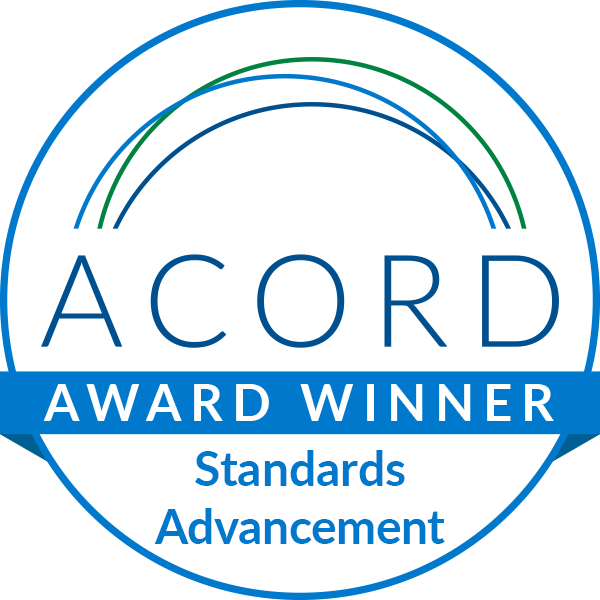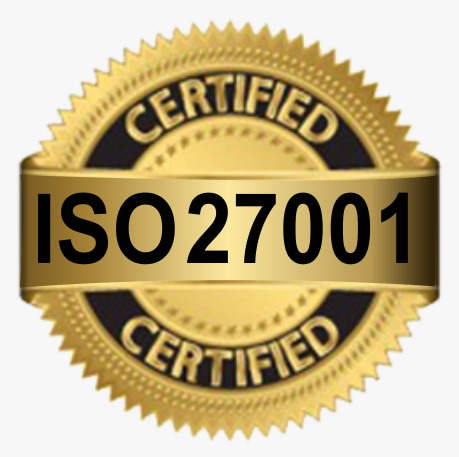Introduction to Commercial Auto insurance policy
Commercial auto insurance policy is needed by a business that requires a vehicle for its operations. This policy protects small businesses when their vehicles are involved in a collision or are stolen, vandalized, or damaged. It also provides financial support to repair or replace the vehicle and covers related medical costs and third-party property damage. The premiums are higher for commercial auto insurance policy as compared to the standard motorist policy. The reason behind higher premiums is that the vehicles for business purposes are often more susceptible to risk.
Commercial auto insurance is different from standard or personal auto insurance. Personal auto insurance is for vehicles that are used in personal work while commercial auto insurance covers the vehicles used in business operations. In this blog, we will discuss a few more points about the commercial auto insurance policy.
How commercial auto insurance works?
Commercial auto insurance covers damage to a business vehicle and also covers the medical expenses of bodily injuries when an employee meets an accident. This insurance policy also covers the damage to the vehicle while the vehicle is parked.
Similar to personal auto insurance, this policy covers several types of insurance coverage that are the following:
- Liability coverage: It provides financial support to the insured if the vehicle harms someone else or their property. Liability coverage includes the only damages to the third party. This coverage has two components:
- Bodily injury: It helps to pay for the medical bills, lost income, and emergency aid of third-person if anybody is hurt in the car accident due to the employee’s fault.
- Property damage: It helps to pay for repairs if an employee damages someone’s property(eg. car or fence).
- Medical payment coverage / personal injury coverage: It Pays medical expenses for the driver and passengers present in the business vehicle if the vehicle meets an accident, regardless of fault.
- Collision coverage: It pays for damage to business vehicles from accidents, regardless of fault. It covers the bills for repairs to the automobile. Collision coverage has to pay the value of the vehicle(where the cost to repair exceeds the value of the vehicle).
- Comprehensive coverage: Pays for damage to business vehicles that are unrelated to the accident like theft, vandalism, extreme weather, falling object, or other non-crash incidents. Carrying this coverage to insurance policy may make it costly but this coverage can provide good financial support in severe conditions.
Uninsured/underinsured motorist coverage: This coverage pays for the damages in a case when a business vehicle is hit by an uninsured or underinsured(liability limits aren’t enough to cover the resulting damage) driver.
Commercial insurance policies may provide many types of specific coverage that can not be covered by personal policies. These include:
- Trailer interchange coverage:
It covers damages of trailers or containers that are owned by other companies but is used with other’s business vehicles.
- Rental reimbursement with downtime:
Commercial insurance policy may also cover the costs to hire a temporary replacement while a business vehicle needs maintenance.
- Hired but non-owned vehicle coverage:
It covers damages to hiring cars, vans, or other vehicles for business. It also includes the coverages in the case when business employees use their own cars to conduct business.
Who needs this insurance?
Sometimes it may be difficult to understand whether your vehicle needs commercial auto insurance or not. The need for commercial auto insurance for vehicles can be decided on considering the following three major factors:
- On the basis of ownership: All vehicles owned by a company or an organization need commercial auto insurance policies. But some automobiles owned by individuals also require commercial auto policies on the basis of the personal vehicle is used.
- Use of the vehicle: If a personal vehicle is being used for business work, it may need a commercial auto policy in addition to a personal auto policy. It will protect the vehicle when it will be used for work. For instance, when personal vehicles are used to transport people(cab), goods, or equipment for work, then the vehicles need additional commercial auto policies.
- Make and model of the vehicle: Some vehicles must be insured by commercial auto policies regardless of use or ownership. If the gross weight of a vehicle is 10,000 pounds or more or has a load capacity of over 2,000 pounds, then it needs a commercial auto policy to be insured.







Leave A Comment